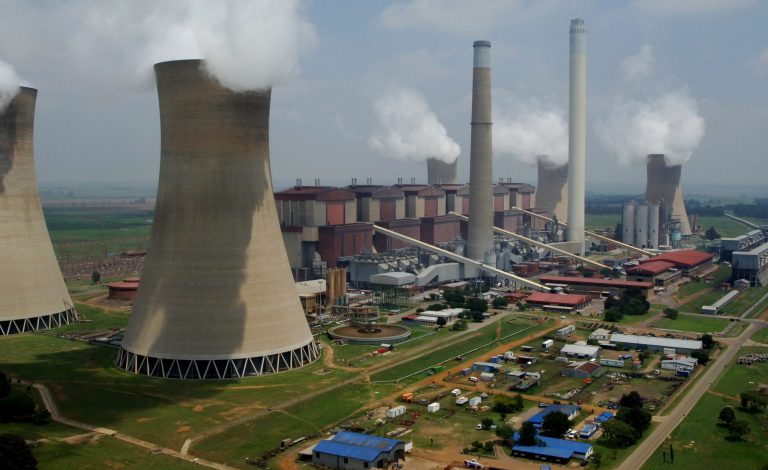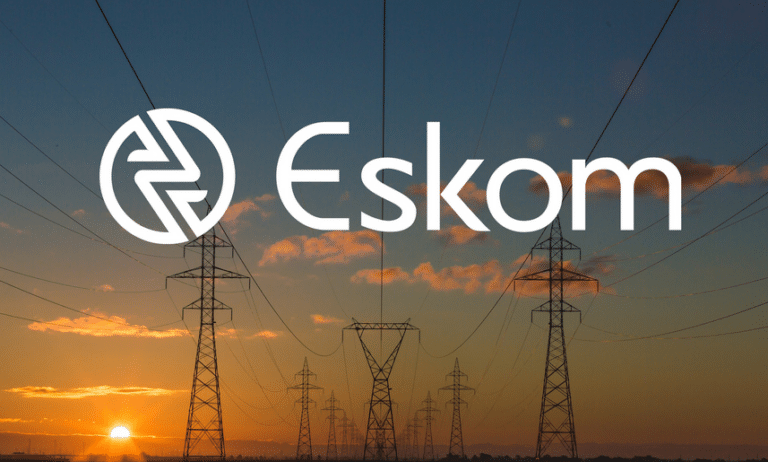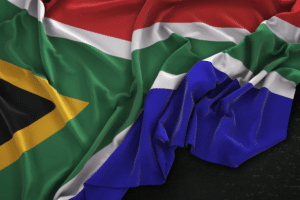Eskom Crisis: Financial Implications for South Africa’s Future
Urgent action required for Eskom
South Africa finds itself at a critical crossroads as the ongoing Eskom crisis threatens not only the power utility’s viability but also the economic stability of the entire nation.
With municipal debts to Eskom projected to reach a staggering R200 billion by 2028, experts warn that urgent action is required to avert an economic collapse.

The Debt Dilemma
Matthew Parks, parliamentary coordinator for Cosatu, highlighted the dire situation municipalities are in. Despite the introduction of a debt relief scheme by the National Treasury, which allows municipalities to have their debts written off if they meet payment obligations, only 14 out of 72 municipalities have complied. This raises concerns about the effectiveness of current strategies aimed at addressing Eskom’s financial woes.
Parks expressed that the inability of municipalities to settle their debts to Eskom is deeply alarming, stating, “Eskom cannot operate if half of its customers choose not to pay or delay payments.” This cascading effect is significant: when municipalities collect payments from residents but fail to remit those funds to Eskom, it exacerbates the utility’s financial strain, pushing it deeper into crisis.

Bailouts and Budget Constraints
Since 2008, Eskom has received nearly R496 billion in government bailouts, a financial bandage that has drawn resources away from other critical areas of service delivery. This reliance on bailouts raises serious questions about the sustainability of such support in the long term. National Treasury officials have pointed out that the financial health of state-owned enterprises (SOEs) like Eskom remains a considerable risk to the nation’s fiscal stability.
The government’s approach, which has often been reactive rather than proactive, is no longer tenable. As the chairperson of the Standing Committee on Appropriations, Mmusi Maimane, stated, “There’s a call to limit bailouts to these institutions because when they underperform, there are going to be serious problems for all South Africans.”

The Ripple Effect on Ordinary Citizens
For the average South African, the implications of the Eskom crisis are palpable. Proposed electricity price hikes—such as the staggering 36% increase for 2025—are not just numbers; they translate into higher costs for households and businesses. Many residents are already struggling to keep up with rising expenses, and further increases could exacerbate the financial burden, leading to heightened poverty and economic instability.
Eskom argues that these hikes are necessary to prevent the company from becoming an additional burden on the government. However, the repercussions of such price increases could drive more customers to seek alternatives, creating a cycle where fewer consumers lead to further revenue shortfalls for Eskom. This phenomenon has been described as a “pricing death spiral,” where higher costs push consumers away, ultimately necessitating even steeper hikes.
Seeking Solutions
To navigate this crisis, experts suggest a multi-faceted approach. Parks advocates for direct payments to Eskom from customers, bypassing municipalities that have mismanaged funds. This could ensure that the utility receives timely payments, stabilising its financial situation. However, this solution would require a significant restructuring of how municipal services and funding are managed.
Additionally, there is a pressing need for a comprehensive discussion on alternative funding models for municipalities. Many are too small and financially unstable to operate independently, leading to proposals for consolidating these entities into larger, more manageable units.
The Road Ahead
As the crisis unfolds, it is evident that the Eskom debacle has far-reaching implications for South Africa’s economy and the daily lives of its citizens. The combination of mounting debt, rising electricity costs, and ineffective municipal management poses a threat to not only the power utility but also to the country’s overall economic health.
With warnings of a potential economic collapse looming, it is imperative for government leaders to act decisively and collaboratively. The focus must shift from reactive measures to sustainable solutions that can ensure the viability of both Eskom and local municipalities, safeguarding the interests of all South Africans. The road ahead will require honesty, innovation, and a commitment to putting the country’s long-term economic health first.
Related Posts

The Growing Trend of Returning Expats: Navigating the Tax Implications of Coming Home to South Africa
As South Africa grapples with ongoing brain drain and skill shortages in crucial sectors like healthcare and technology, an intriguing counter-trend is emerging: a number of expatriates are beginning to return home.

Transferring an Inheritance from SA to Beneficiaries Abroad
Inheriting assets from a loved one can be both a blessing and a challenge, especially when the beneficiaries are living abroad. If you find yourself in a situation where you need to transfer an inheritance from South Africa to beneficiaries overseas, it is essential to navigate the complex legal and financial aspects involved.

Non-Resident Investment in South Africa: Exchange Control, Tax implications, and Appropriate Treatment
South Africa, with its diverse economy and investment opportunities, often attracts non-residents (foreign nationals) looking to invest in the country.
